Should you heat the whole house or just the room you're using? These 5 things will help you decide
There isn’t a one-size-fits-all answer...
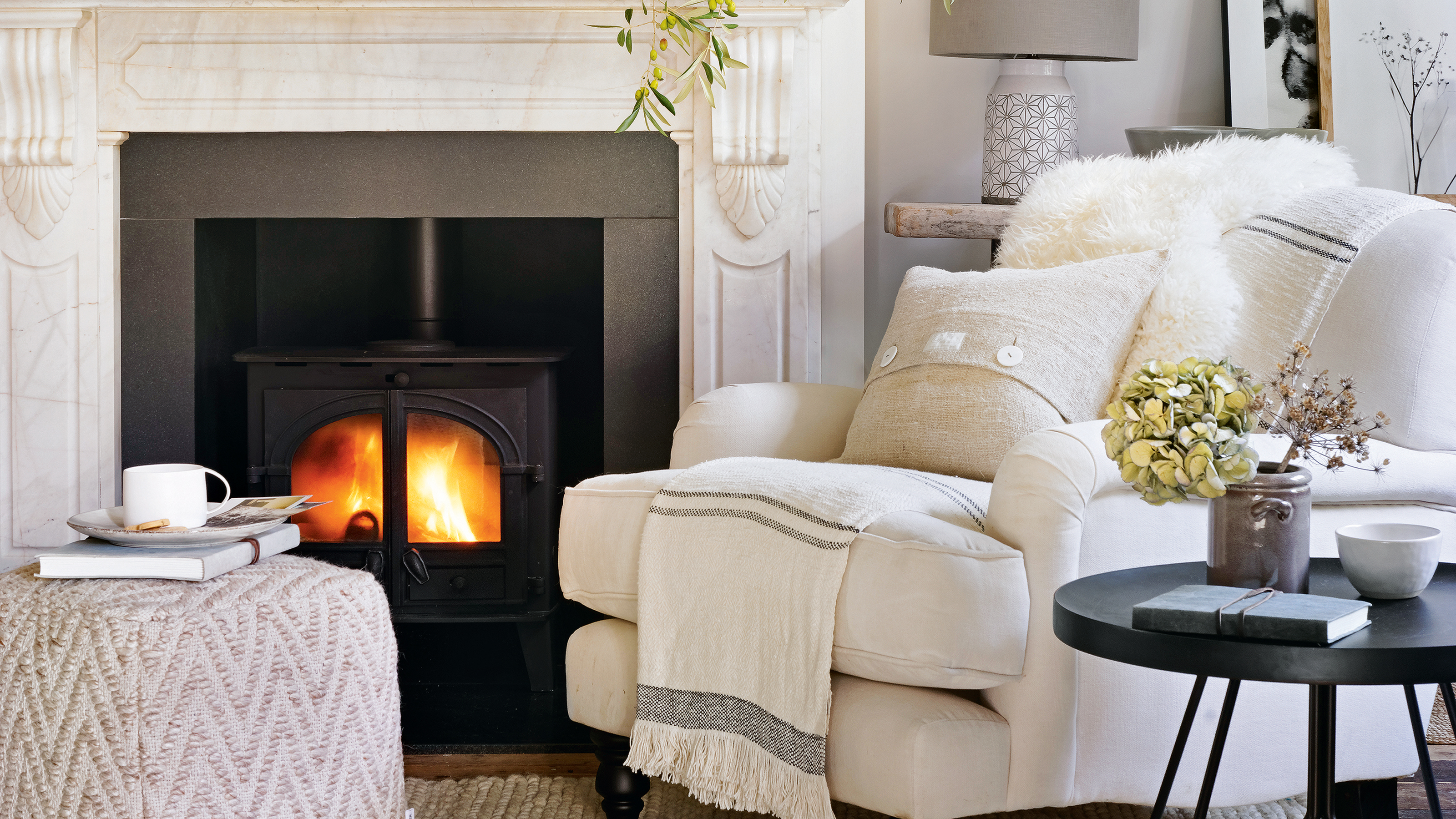

Right now, Brits are dealing with rising energy prices and plummeting temperatures. As a result, many people are questioning whether you should heat the whole house or just the room you’re using, and it’s certainly a valid debate.
We all want to save energy and save money, but what happens when you just can’t shake the winter chill in your home? While you could rely on your central heating to heat your whole house, this will ultimately increase your energy bills. A cost-effective alternative is choosing only to heat the room you’re using – maybe by using one of the best oil filled radiators or best electric heaters on the market – but this isn’t always as efficient in terms of keeping your home warm.
So, which one do you choose? We’ve spoken to heating experts, and they’ve outlined the 5 things every homeowner needs to consider to answer this question. After all, what works for one person might not work for another.
Should you heat the whole house or just the room you're using?
‘In order to save energy and money, you should just heat the room that you're currently using, or at least have the rest of your home on a much lower heating setting than the room you're using,’ explains Nicholas Auckland, heating expert at Trade Radiators.
‘Only heating the room that you're using is the most economical way of heating a house due to the fact that there's no wasted energy,’
However, it’s important to note that this isn’t a one-size-fits-all answer and depends on several factors. Below, we’ve outlined the things you should consider before making this decision.

Nicholas Auckland is a heating and energy expert with over 10 years of experience in the industry, as well as the Managing Director of Trade Radiators. Nicholas is dedicated to finding the best heating solutions for every need, as well as optimising energy usage, reducing costs and helping others live with lower costing energy bills. Nicholas has become a trusted leader in the industry, frequently collaborating with the media and other partners to assist with cost of living issues and other home-related problems.
1. Your household needs
If you live solo and work from home, it will certainly work in your favour to only heat your home office rather than your whole house. However, these household needs differ from one house to the next.
Get the Ideal Home Newsletter
Sign up to our newsletter for style and decor inspiration, house makeovers, project advice and more.
‘If your household comprises multiple people using different rooms, heating the whole house might make more sense,' explains Stephen Day, operations director at iHeat. 'Conversely, if you live alone or your family spends most of the time in one or two rooms, it might be more efficient to heat only those spaces.’
Ultimately, you need to determine the needs of your own personal household and decide which option will suit you and your family best.
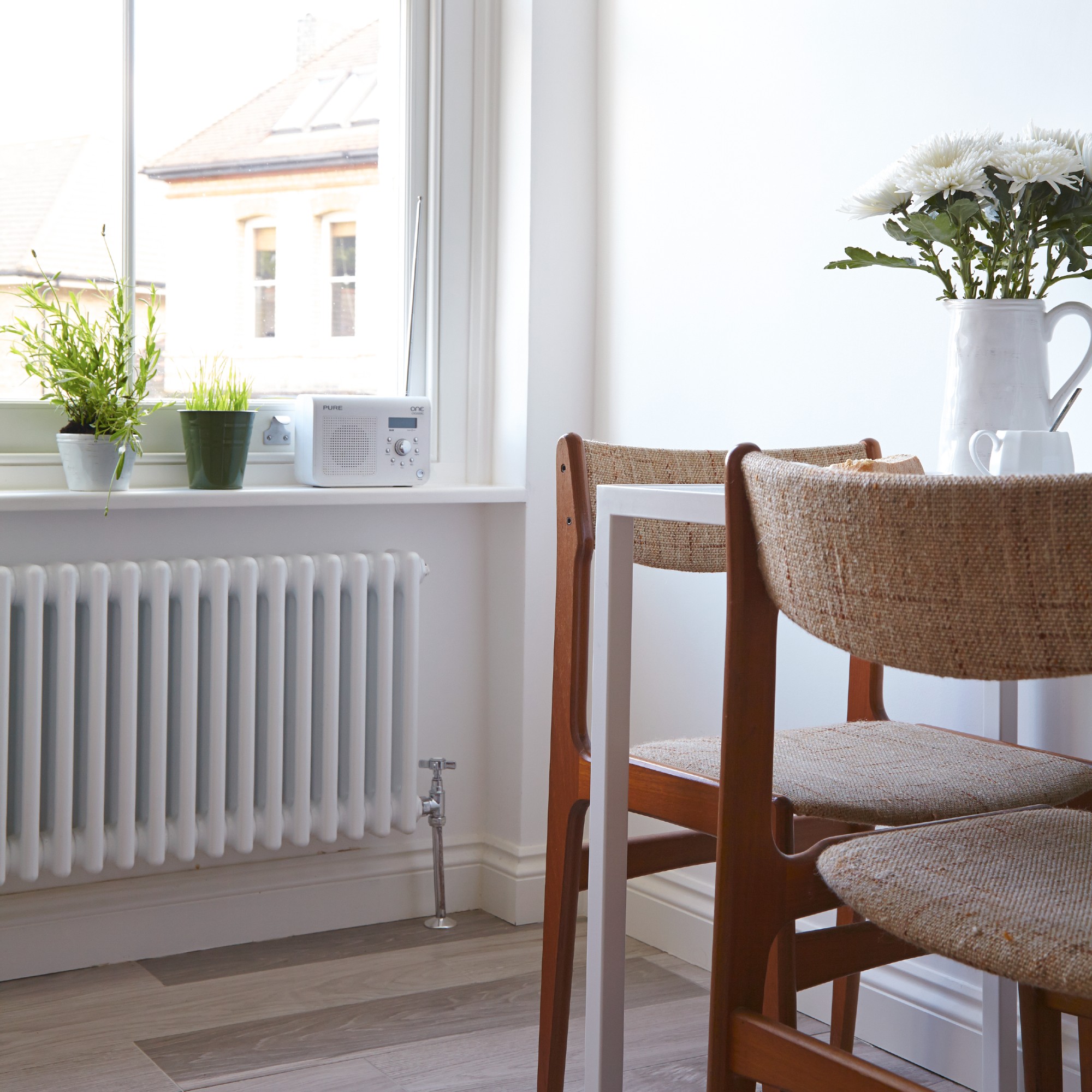
2. The size and layout of your house
Do you have a large, detached house with multiple rooms? If so, it’ll be extremely expensive to heat the whole house, and Nicholas compares this to turning all of the lights on in your home.
‘If homes or buildings only had one light switch to control all the lights in the building, it would be unusual and lead to a costly energy bill. It doesn't make sense to have the lights on in rooms that are not being used, yet this is how most households control heating in the UK. This results in people spending more money than necessary and using a lot of energy.’
But if you have a smaller home, it’s generally advised to heat the whole house instead of a single room. That’s because smaller houses heat much quicker, and that heat can easily spread from room to room - even if you put the heating on for just an hour or two a day.
3. Your home insulation
Home insulation is a vital part of keeping your house warm, but insufficient home insulation can also play a part in your decision to either heat the whole house or just the room you’re using. After all, if you have insufficient insulation, you may feel like you have to fire up the boiler and heat the whole house on a regular basis.
Alternatively, sufficient insulation could point you in the direction of only heating the room you’re using. ‘The effectiveness of heating just one room can be greatly influenced by your home’s insulation,' agrees Stephen. 'Good insulation keeps the heat in, making it more feasible to heat only the space you’re using without losing too much heat to other parts of the house.’
Good insulation has another benefit, too. When you do choose to occasionally heat the whole house, you can also rest easy knowing that you won’t lose that heat to poor insulation.
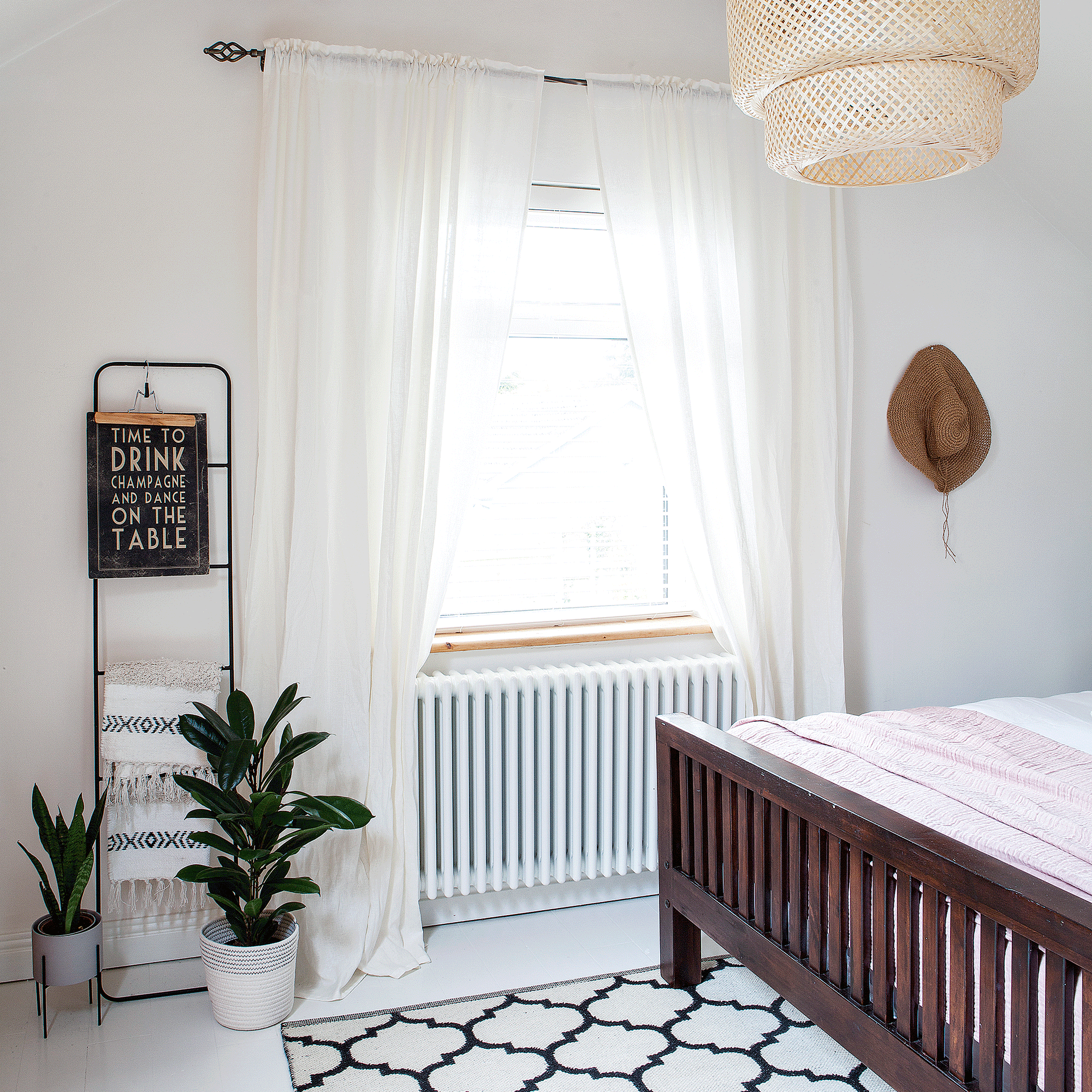
4. Your radiators
Radiators come in so many different forms, and while most modern radiators come with temperature controls, there are others that don’t.
If you have radiators with temperature controls, it’s well worth turning the temperature down in the rooms that you’re not using while turning it up in the rooms that you are using. This will ensure that the whole house is heated, but not heated in a way that will waste money and energy where you don’t need it.
However, if you have radiators without temperature controls, you have no choice but to either have your heating on or off. Without this in-between, it can be hard to know whether you should heat the whole house or just the room you’re using.
If you want to be as energy-efficient as possible, we’d suggest using one of the best portable heaters in rooms you use for a long period of time. This shouldn’t be a long-term solution, though.
‘It is still important to make sure that every room in the house receives some heat at some point, in order to prevent potential side effects that come from freezing cold rooms, such as increase in damp, mould and also potential issues with the structure of the building,’ warns Nicholas.
5. Duration of occupancy
When choosing whether to heat the whole house or just the room you’re using, you also need to consider how often you’re occupying your house and how often you’re occupying specific rooms.
‘If you’re spending a significant portion of the day or evening in one room (like a home office), heating just that room might be more efficient,’ explains Stephen. ‘However, if you move around the house frequently, it might be better to have a uniformly heated environment.’
Of course, you need to be mindful of staying warm and keeping yourself comfortable, but also using your heating in the most energy-efficient way. So, think about how often you occupy your space before making this big heating decision.
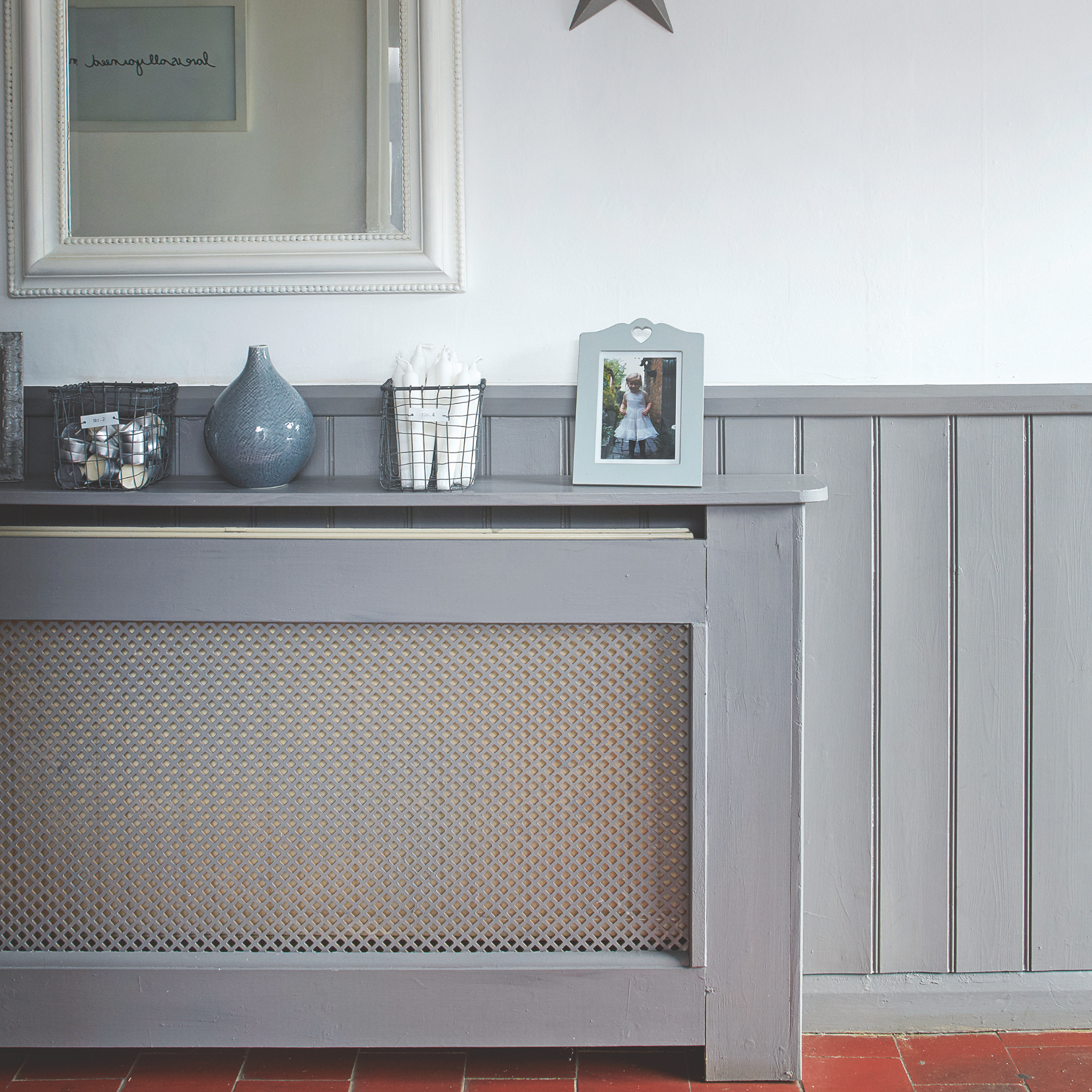
FAQs
Is it better to heat the whole house or one room?
This is all dependent on many different factors, including the size of your house, your own personal needs, and your heating system. The general rule of thumb is that you should opt to heat your whole house if you have a small and well-insulated home, and those with larger homes should opt to heat only the rooms they’re using to avoid wasting energy.
Of course, this is not a one-size-fits-all answer, and does depend on your own personal situation. But a good compromise is turning down your radiators in the rooms you don’t use to ensure they’re heated in a way that won’t waste energy while also turning the radiators up in rooms that you use more often.
Is it better to heat the whole house or use a space heater?
Although space heaters are effective in terms of heating up smaller rooms, they’re not effective in heating a whole house. So, your choice depends on your needs.
If you’re just looking to keep a single room warm (for example, your bedroom while you’re sleeping or your home office while you work from home), then a space heater can certainly work in your favour.
However, if you’re looking to maintain a constant temperature throughout your whole house for the whole family, a space heater just won’t cut it. And if that’s the case, you should opt to heat the whole house with central heating instead.
What is the most economical way of heating a house?
Gas boilers are generally considered to be the best way to heat a house, but there’s no doubt that this central heating system can be expensive. Although this can be worth it in the long run.
‘It's really important to invest in a decent heating system that allows you to control each room individually, set timers and help you control how your home utilises heat efficiently,' says heating expert Nicholas.
By doing this, you can save money in the long run and customise your central heating system to the needs and requirements of your family, your house, and your bank balance.
Will you be heating the whole house or just the room you’re using this winter?

Lauren Bradbury has been the Content Editor for the House Manual section since January 2025 but worked with the team as a freelancer for a year and a half before that. She graduated with a Bachelor’s degree in English and Creative Writing from the University of Chichester in 2016. Then, she dipped her toe into the world of content writing, primarily focusing on home content. After years of agency work, she decided to take the plunge and become a full-time freelancer for online publications, including Real Homes and Ideal Home, before taking on this permanent role. Now, she spends her days searching for the best decluttering and cleaning hacks and creating handy how-to guides for homeowners and renters alike, as well as testing vacuums as part of her role as the Ideal Home Certified Expert in Training on Vacuums, having spent over 110 hours testing different vacuum models to date!
-
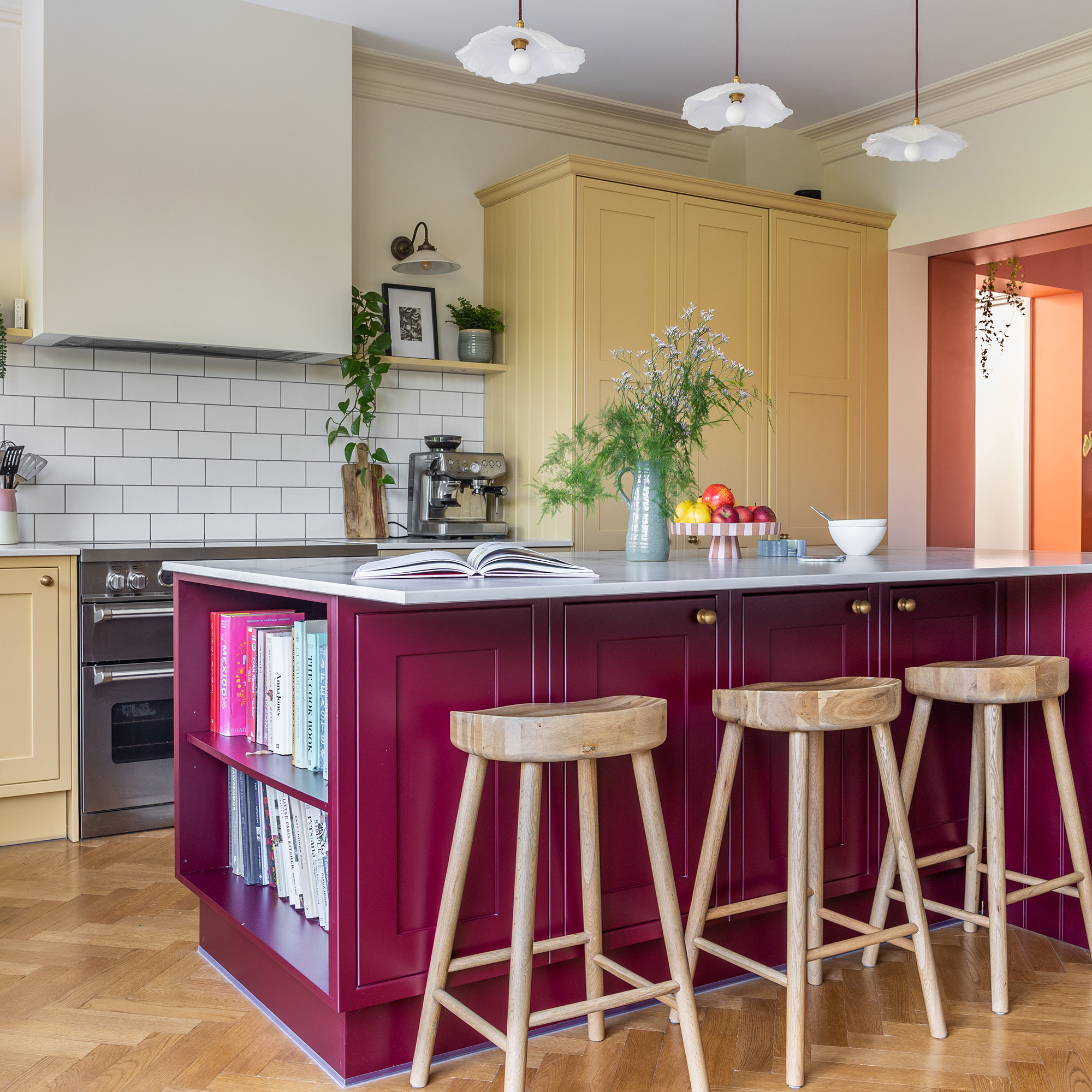 A top-to-bottom renovation has turned this Edwardian house into a lovely family home
A top-to-bottom renovation has turned this Edwardian house into a lovely family homeWith a few considered structural changes, this period house has been turned into a family home and has created a sanctuary for years to come
By Maxine Brady
-
 How to heat a conservatory
How to heat a conservatory7 practical options to consider for year-round comfort
By Amy Reeves
-
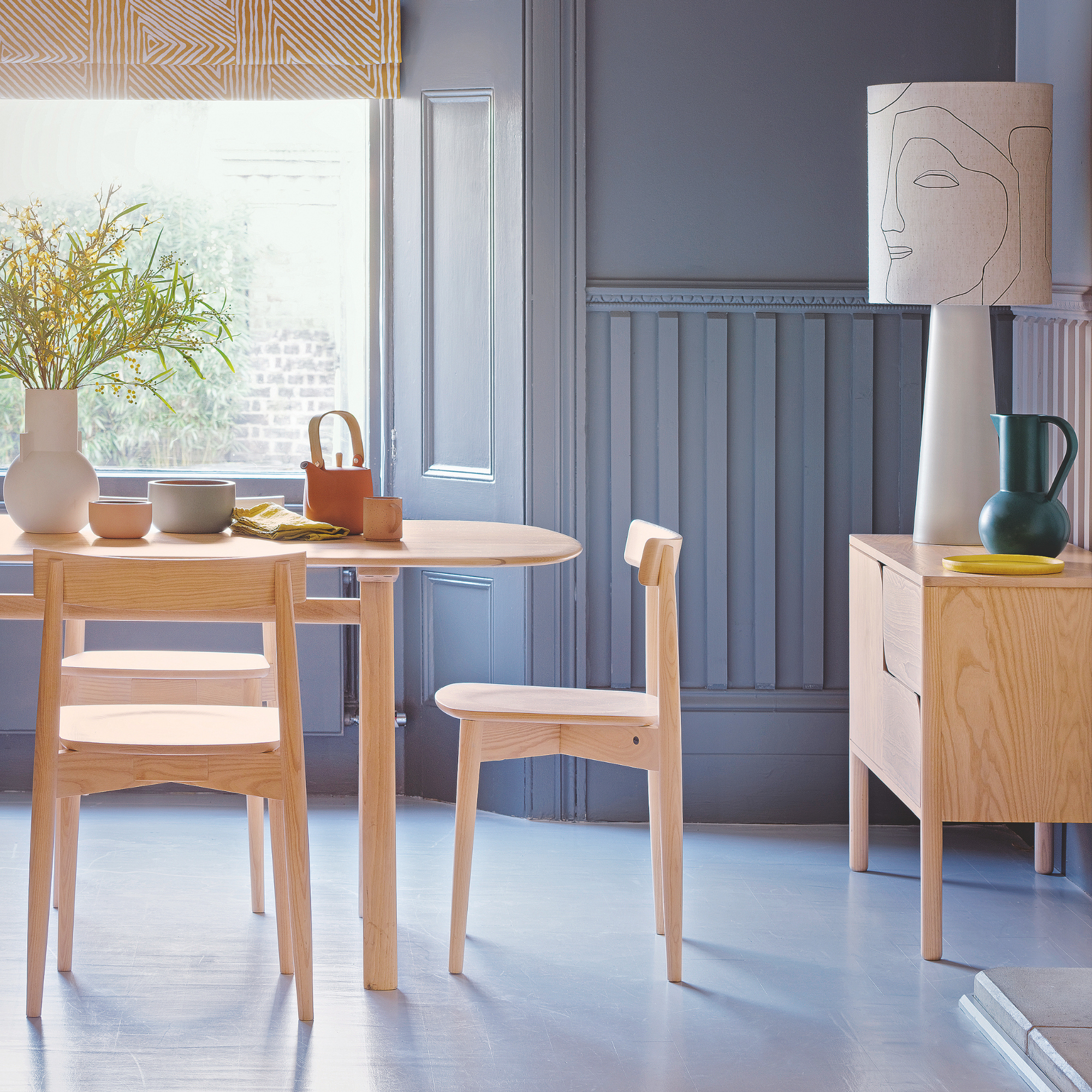 Blueberry is the ‘it’ blue this spring - but these are the 3 colours you should never pair with it, according to experts
Blueberry is the ‘it’ blue this spring - but these are the 3 colours you should never pair with it, according to expertsAvoid overpowering your space by avoiding these three bold colours
By Kezia Reynolds